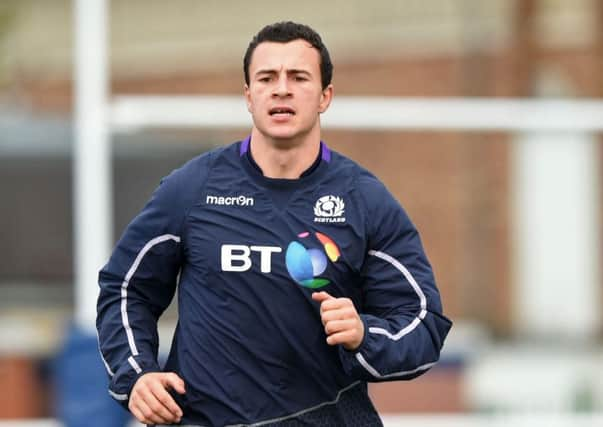Jamie Farndale: Negative thinking can '˜blow a game'


Jordan Spieth walked to the tenth hole on the final day at The Masters with a five-shot lead but, after a quadruple bogey on the 12th, watched Danny Willett pull on the green jacket. In the Euros an England team full of footballing stars, playing an Icelandic team with a part-time coach, blew a fourth-minute lead to lose 2-1 and ungracefully plummet out of the tournament.
In tennis, according to sports psychology, losing a lead is one of the most dangerous mental hazards. It is all to do with a player’s focus shifting. As the player pulls ahead of their opponent, the focus shifts from “winning points” to “not losing the lead”. A simple switch from positively thinking about what you want, to negatively thinking about what you don’t, can be enough to blow a game. Internal perceptions change. Mistakes, where they were an inevitable part of winning points become catastrophic, as each one means the opponent drawing ever closer. Tentative play then gives the opponent the chances they need and before long the game is gone.
Advertisement
Hide AdAdvertisement
Hide AdIn my experience playing for the Scotland Sevens team, I have seen this from the other perspective.
Our first cup victory over South Africa in 2016 came from trailing 26-15 with 30 seconds remaining on the clock. In recording the first and only Scottish Rugby victory over a New Zealand side the following year, we did so from 21-0 down at half-time.
Yet, at the past two tournaments, in Sydney and Hamilton, it has been dealing with an early lead that has stung us. More than once, in vital games, we found ourselves 14-0 up and comfortably in control only to lose the ties. Looking at the Sydney tournament as a whole, I would feel comfortable in saying our first game against Canada, in which we won 52-5, was the best team performance from a sevens team that I have ever been involved in. However, a two-minute blip against the USA and losing out in an agonisingly close fashion to eventual champions Australia, and the cup quarter-finals fell away from us. Again, a strong start not capitalised upon.
Changing styles to “close out a game”, something not routinely practised, can be costly. Focusing on sticking to our systems, which we know work and, in training, have repeated until they are second nature, is far more effective. In high-pressure moments, the dying minutes of a game, it is the clarity from this second nature that will get us over the line.
We have reached the cup quarter-finals in two of our first four tournaments, but we are a team full of players playing in their first season of international sevens. Every match we have played together has taught us new lessons, every tournament brought us new fixes. Fresh and hungry from these experiences, perhaps our two-point loss to Argentina in Cape Town, or our extra time loss to Australia in Sydney might swing the other way, and it will be us lifting the cup come the final whistle on the Sunday.
This weekend finds us in Las Vegas, where we face Argentina, Uruguay and New Zealand in the pool stages. With new faces and returning experience joining the squad for the first time this season, the tournament provides an exciting opportunity to continue the momentum we have been building as a team.